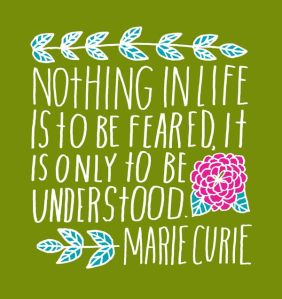Provided it isn’t conceived only as an exchange of mutual favours, or isn’t calculated way in advance as a profitable investment, love really is a unique trust … It takes us into key areas of the experience of what is difference and, essentially, leads to the idea that you can experience the world from the perspective of difference. In this respect it has universal implications: it is an individual experience of potential universality. ~Alain Badiou
Other: “The Other” is an individual who is perceived by the group as not belonging, as being different in some fundamental way. Any stranger becomes the Other. The group sees itself as the norm and judges those who do not meet that norm (that is, who are different in any way) as the Other. Perceived as lacking essential characteristics possessed by the group, the Other is almost always seen as a lesser or inferior being and is treated accordingly. The Other in a society may have few or no legal rights, may be characterized as less intelligent or as immoral, and may even be regarded as sub-human. (source)
This Sunday, we launch Radical Welcoming with Stephanie Spellers, a course that invites us to consider the Other and how our Christian faith calls us not only to welcome and embrace that Other, but to learn from and be transformed by him or her. For one who is Other is one who is perceived as different — and, while this difference can make us uncomfortable, it is that very discomfort to which Christianity — and Christ Himself — calls us. Jesus touched and was touched by those who were different, outcast, on the margins, voiceless, persecuted — and it is Jesus’ very commitment to the Other that makes Him the Savior we love and serve.
For the Rev. Canon Stephanie Spellers, “radical welcoming” means that we, as Christians, welcome and embrace those who have been on the margins. But it’s more than that: it’s an acknowledgement that  those who have learned how to live and even thrive on the margins of society (whether those margins are gender-based, economic, social, or racial) have something to teach those who have lived from within the privileged center. And moreover, that those in the center cannot live into the fullness of the people Christ calls them to be without embracing all that the Other has to share (and vice versa). For Stephanie, it’s not just about inclusion and open-mindedness: the future should be “one where the transforming gifts, voices and power of marginalized cultures and groups bring new life to the mainline church.”
those who have learned how to live and even thrive on the margins of society (whether those margins are gender-based, economic, social, or racial) have something to teach those who have lived from within the privileged center. And moreover, that those in the center cannot live into the fullness of the people Christ calls them to be without embracing all that the Other has to share (and vice versa). For Stephanie, it’s not just about inclusion and open-mindedness: the future should be “one where the transforming gifts, voices and power of marginalized cultures and groups bring new life to the mainline church.”
We invite you to join us in this latest course, as we consider our own comfort zones, as well as those places of trust, change, and transformation to which God is calling us. How do we face our fears and welcome transformation in order to become God’s radically welcoming people?
